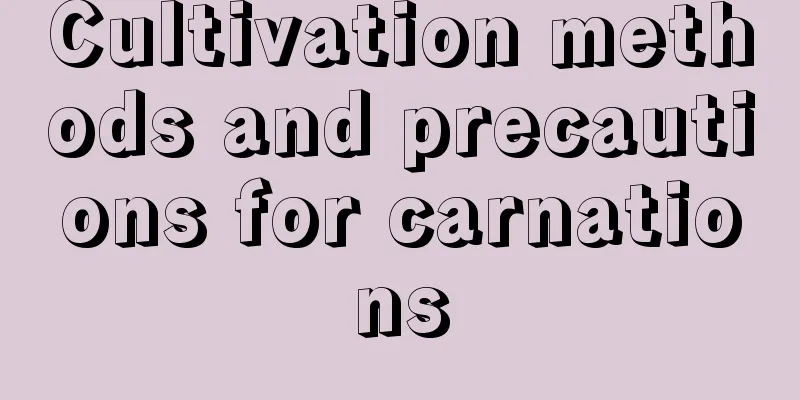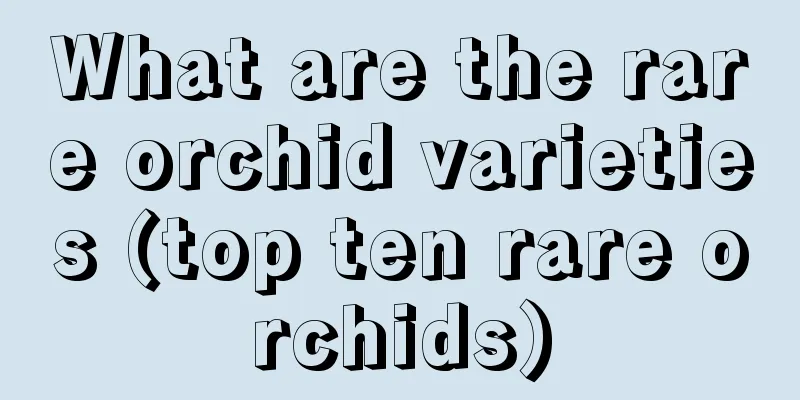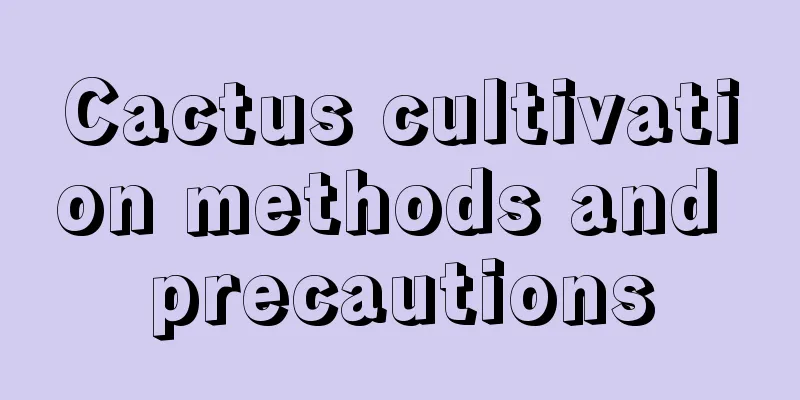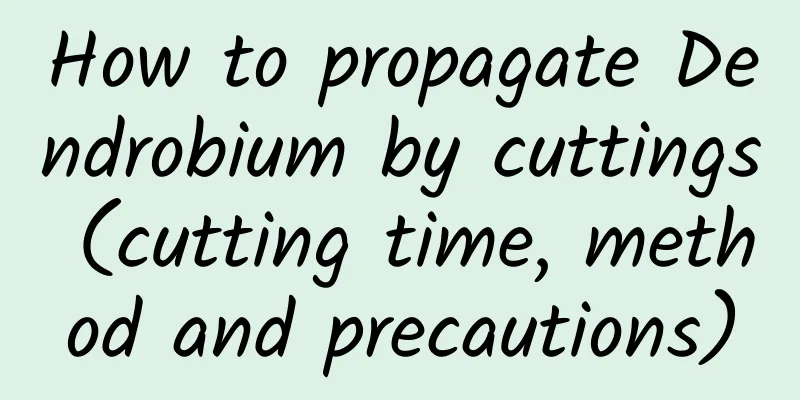Which fertilizer is best for fruit trees in winter?

|
When fertilizing fruit trees in winter, choosing appropriate fertilizers is very important for promoting the growth of fruit trees, enhancing their resistance to disease and drought, and increasing the fruit setting rate. Let’s learn together which type of fertilizer is best for applying to fruit trees in winter? 1. Organic fertilizer Including mature compost, manure, manure, green manure, crop straw, human feces, urine, chicken manure, etc. These fertilizers not only provide nutrition for fruit trees, but also increase and renew soil organic matter, promote microbial reproduction, and improve the physical and chemical properties and biological activity of the soil. 2. Inorganic fertilizer Including nitrogen, phosphorus and potassium compound fertilizers , which can provide more balanced and comprehensive nutritional supplements, achieve the effect of promoting root growth and quickly regulating the natural health of fruit trees. Generally, 30-50 kg of urea, 100-200 kg of superphosphate, and 50-100 kg of potassium sulfate are used per mu, and trace elements are supplemented as needed. 3. Biological fertilizer It contains a large number of beneficial microorganisms, which can improve the soil environment and enhance the disease resistance of fruit trees. The scientific use of bacterial fertilizer has the benefits of improving soil fertility, growing strong trees and producing high-quality fruits, and extending the economic life of trees. 4. Trace element fertilizer Although fruit trees do not require much trace elements, a lack of them can lead to problems such as poor growth and reduced yields. In winter, appropriate amounts of trace element fertilizers such as iron, zinc, boron, etc. can be applied. To sum up, it is recommended to use a combination of biological fertilizer, organic fertilizer and inorganic fertilizer for winter fertilization, which will have the best effect. Organic fertilizers can provide long-lasting nutrients, inorganic fertilizers can quickly replenish nutrients, and biological fertilizers and trace element fertilizers can help improve the soil environment and enhance the disease resistance of fruit trees. Such a combination can provide comprehensive nutrition for fruit trees, help them survive the winter safely, and lay a good foundation for their growth next year.
|
<<: Best time to fertilize pear trees in winter
>>: How to care for and water orchids in winter?
Recommend
The importance of root care for succulent plants
The importance of root care for succulent plants ...
What are the legends and meanings of Mandragora?
1. The flower language and meaning of Mandala Man...
Put these flowers in your living room to bring prosperity, wealth and a successful career!
Clivia Mainly small potted plants Ornamental valu...
What fertilizer is best for strawberry fertilization and which fertilizer is best for increasing yield?
Using too much chemical fertilizer on strawberrie...
How to fertilize azalea and what to do if you overfertilize
1. Fertilization method 1. Type: When fertilizing...
How long is the growing cycle of spring wheat?
Spring wheat growth introduction The main spring ...
How to care for bougainvillea after its flowering period (management methods after bougainvillea has finished flowering)
How to care for bougainvillea during its off-flow...
Cultivation methods and precautions of Dieffenbachia
1. Soil To grow evergreen, you can mix humus, for...
What to do if the bougainvillea wilts (What to do if the bougainvillea you bought wilts)
Root rot in summer causes wilting In the summer, ...
Can I water Clivia once a month? (Correct watering method)
1. Is it possible? It is not possible to water it...
Can Liubeili be planted in the ground?
Can six times the profit be planted in the ground...
Can marigolds bloom in winter?
Marigold flowering period The normal flowering pe...
What is the best month to plant black beans?
When to plant black beans Black beans are general...
The difference between red leaf plum blossoms and cherry blossoms
1. Differences between tree trunks The trunk of t...
How to Grow Anthurium
1. Watering in time Anthurium is very afraid of d...









